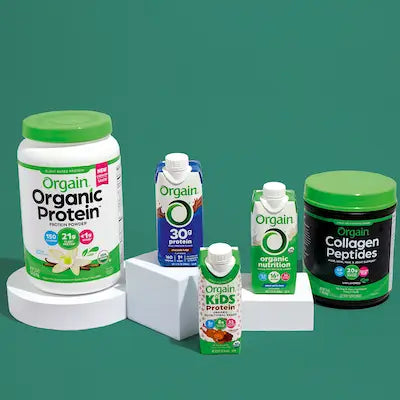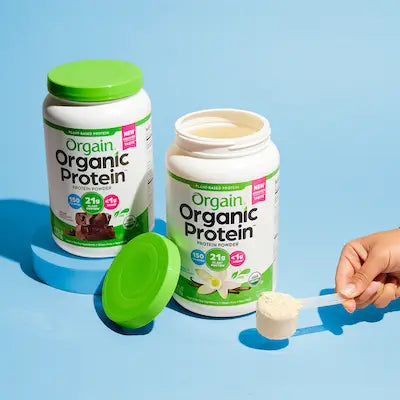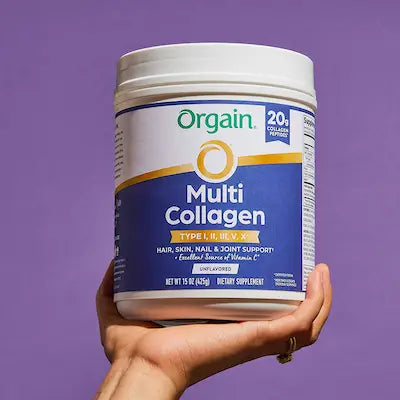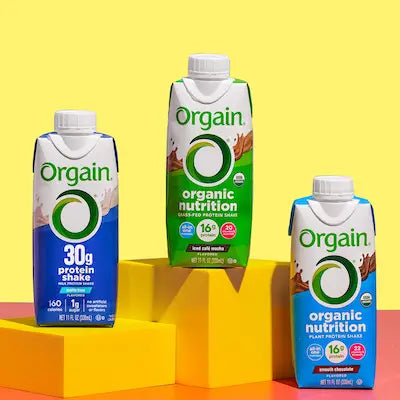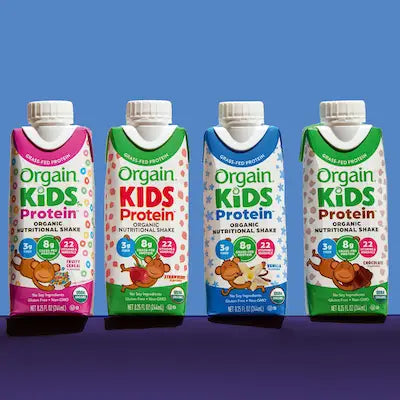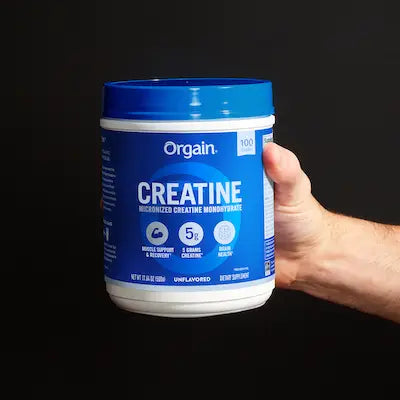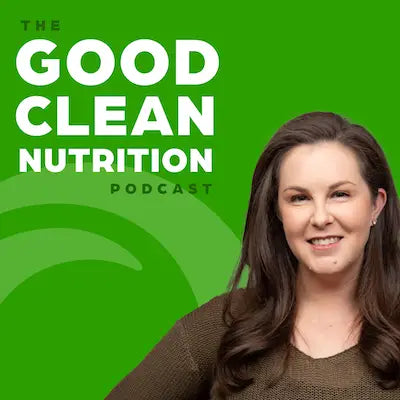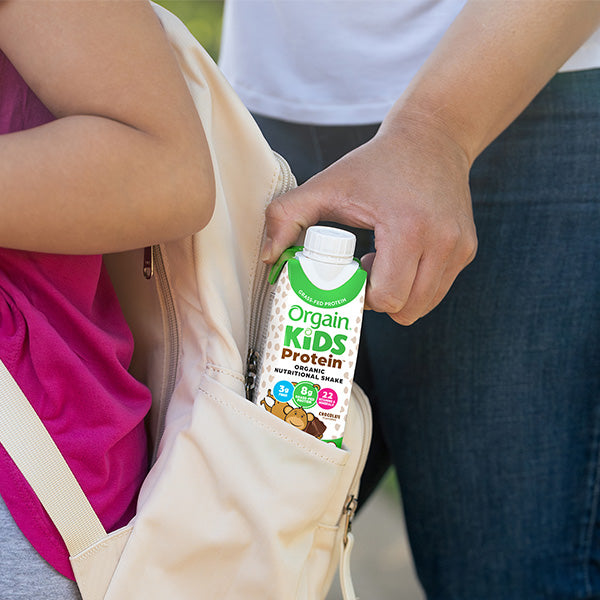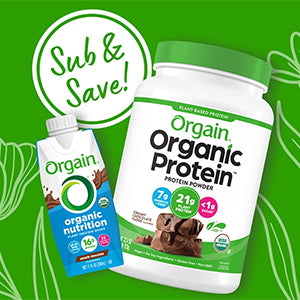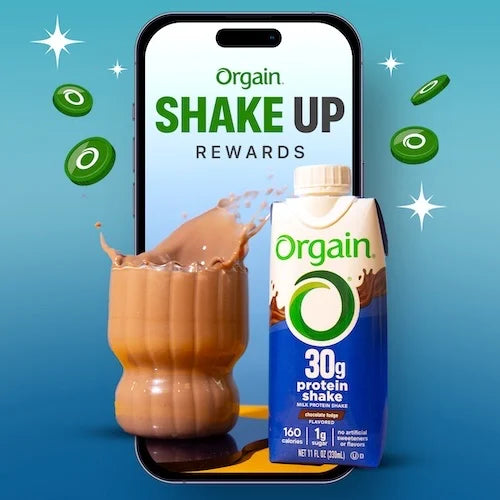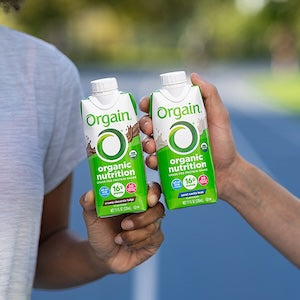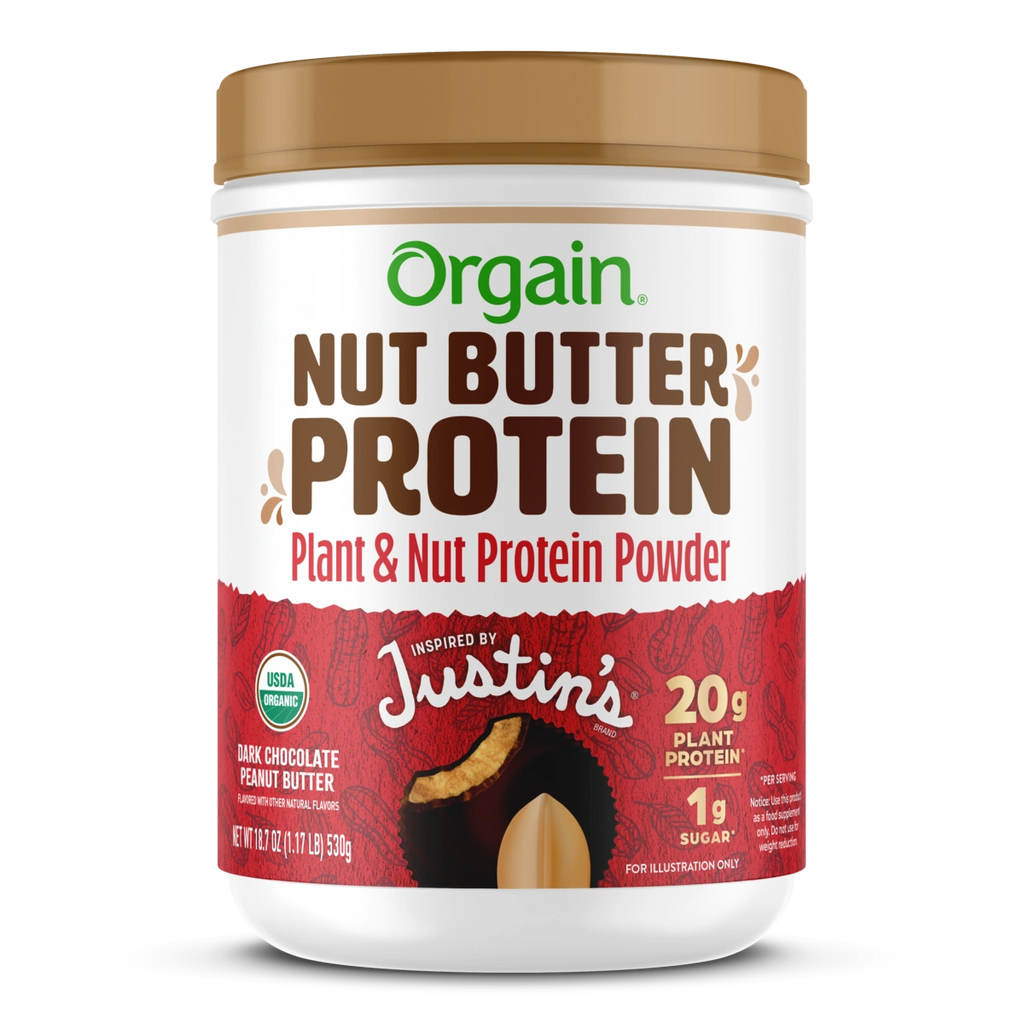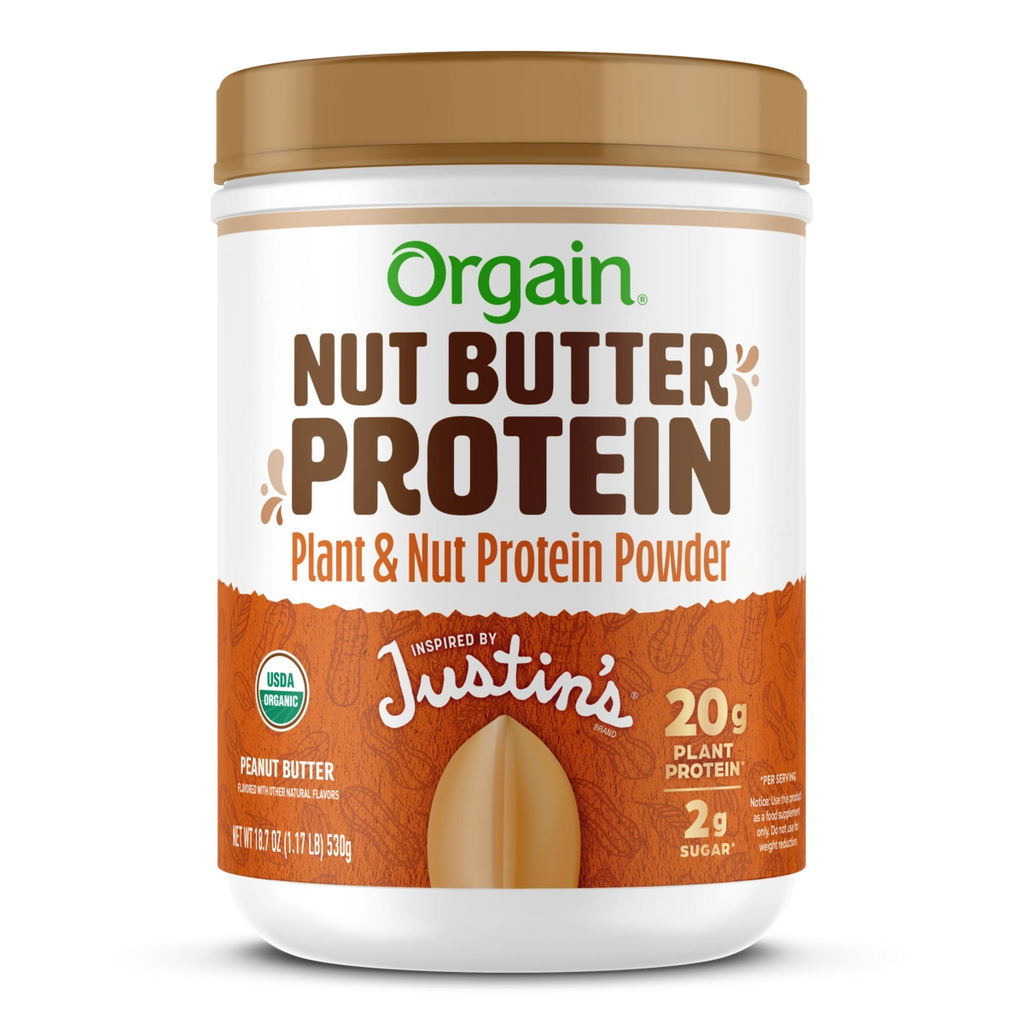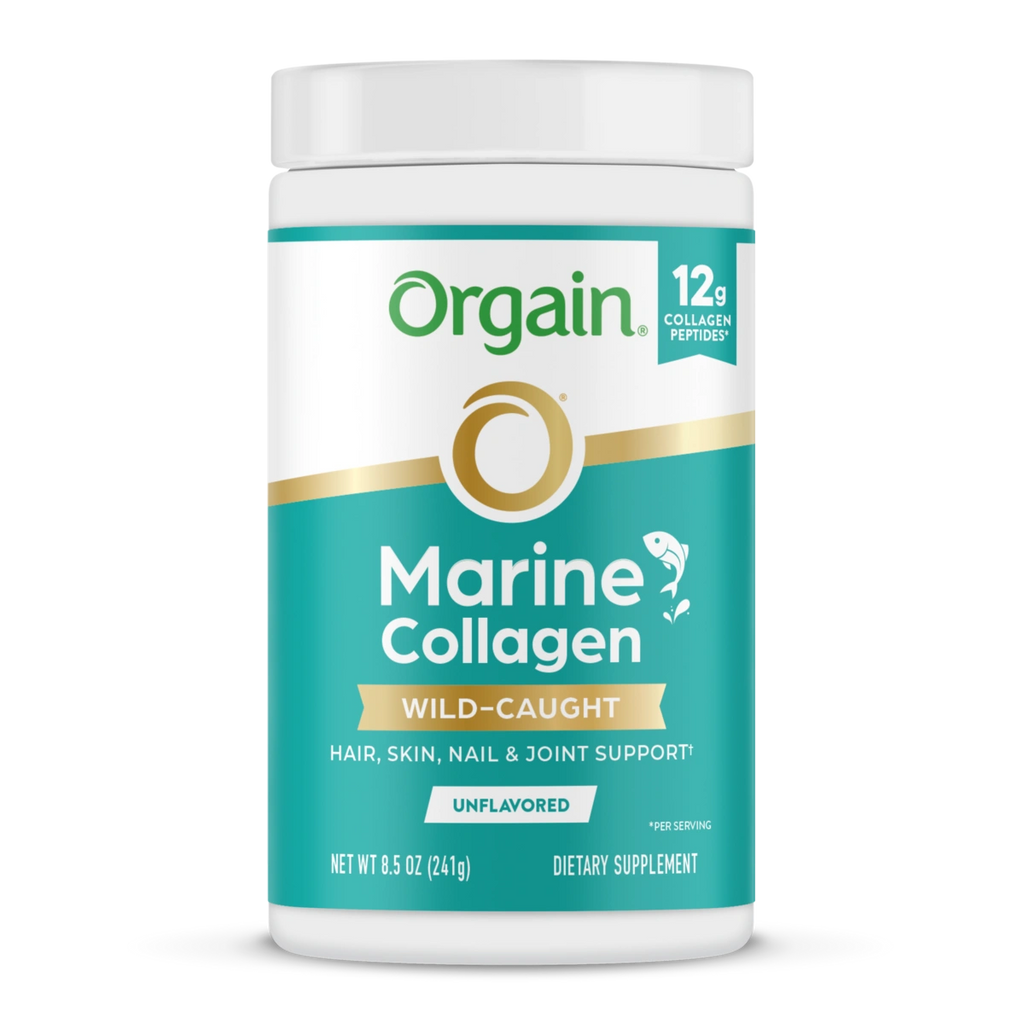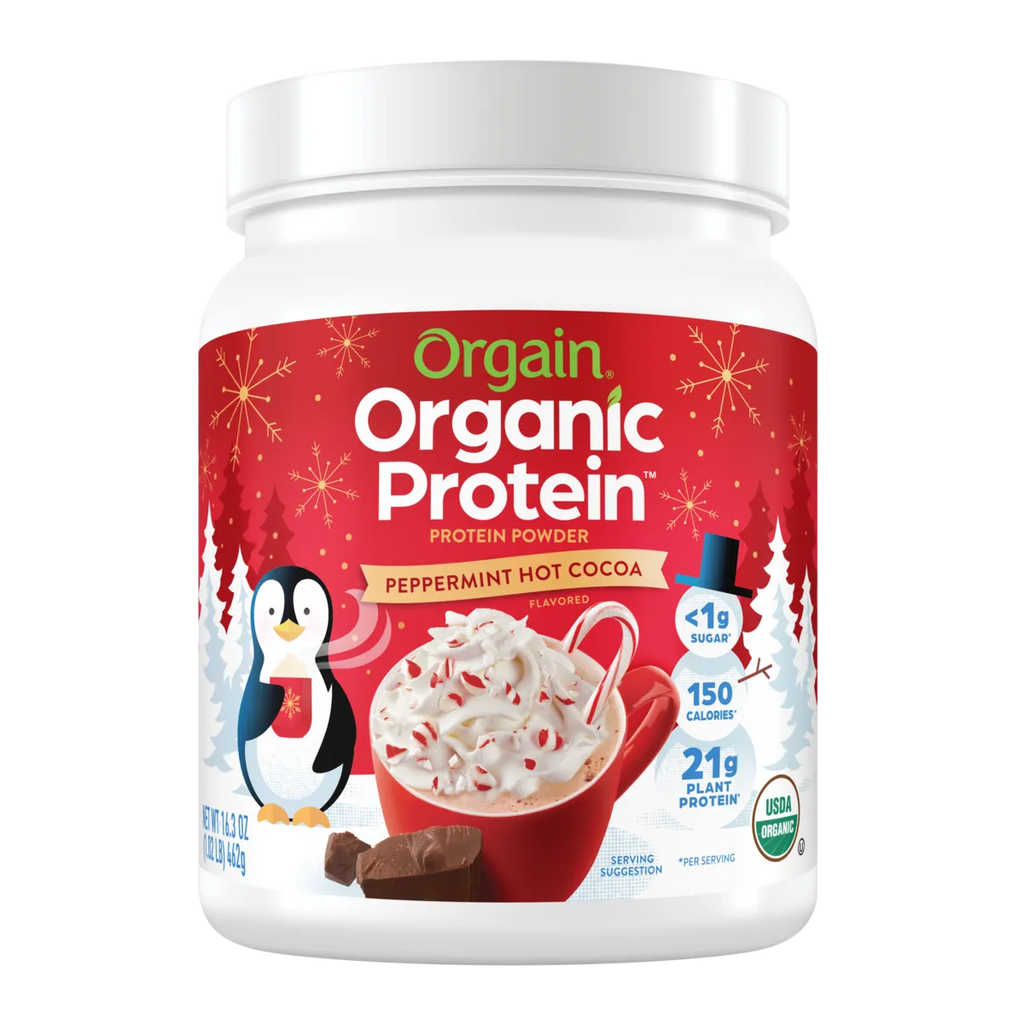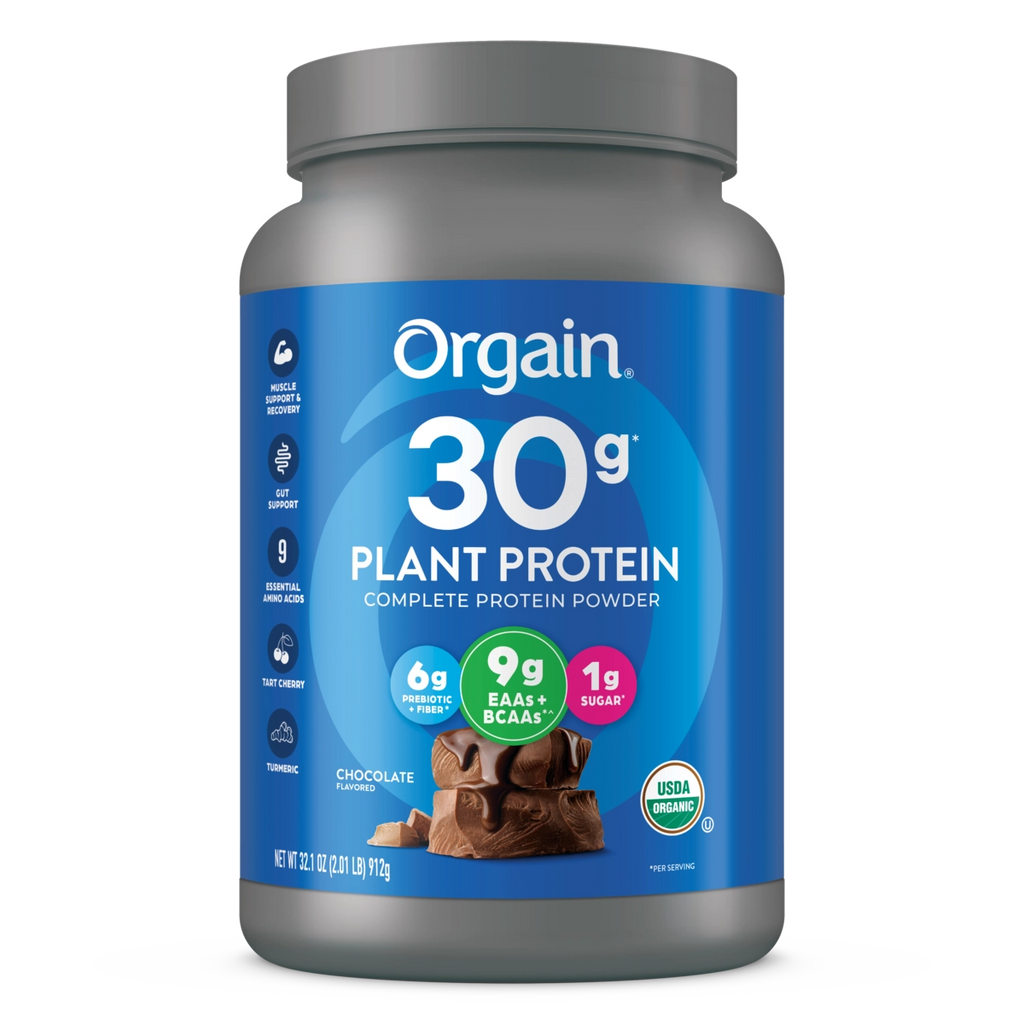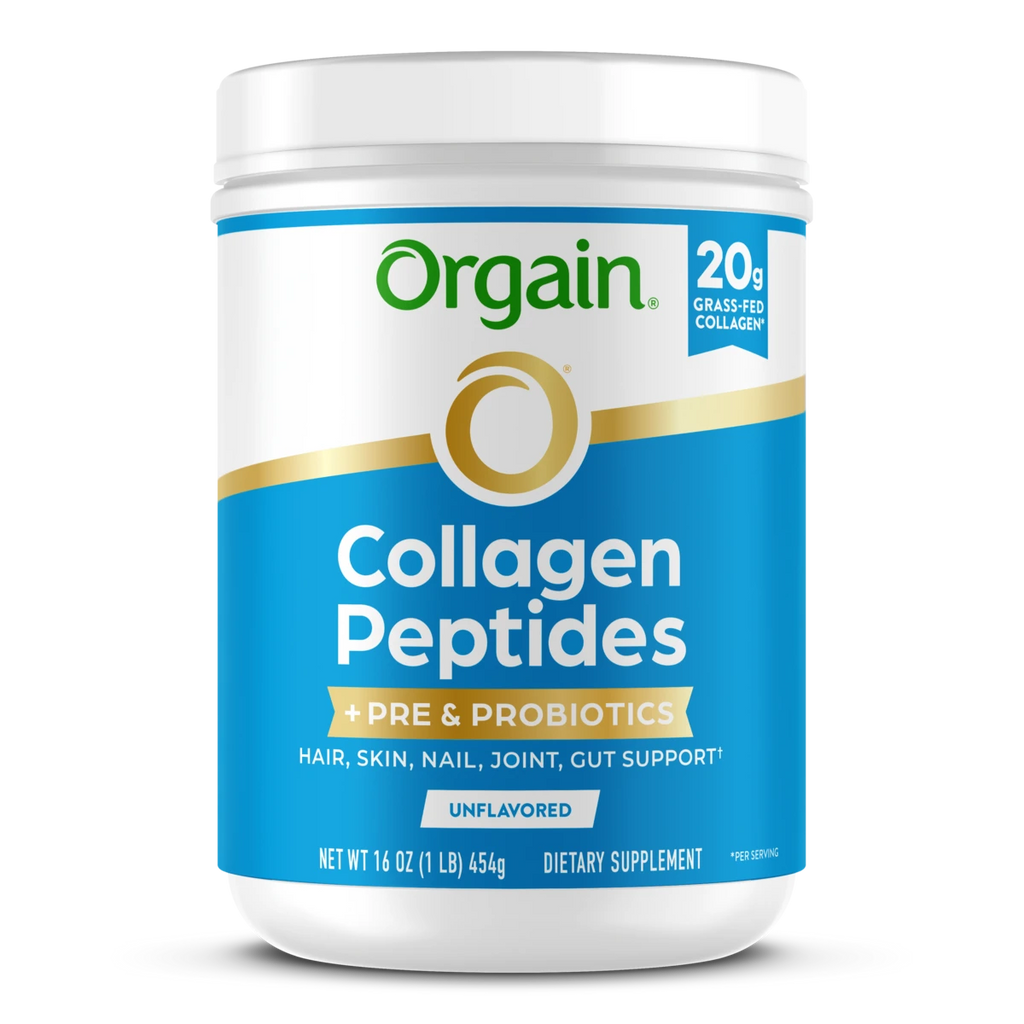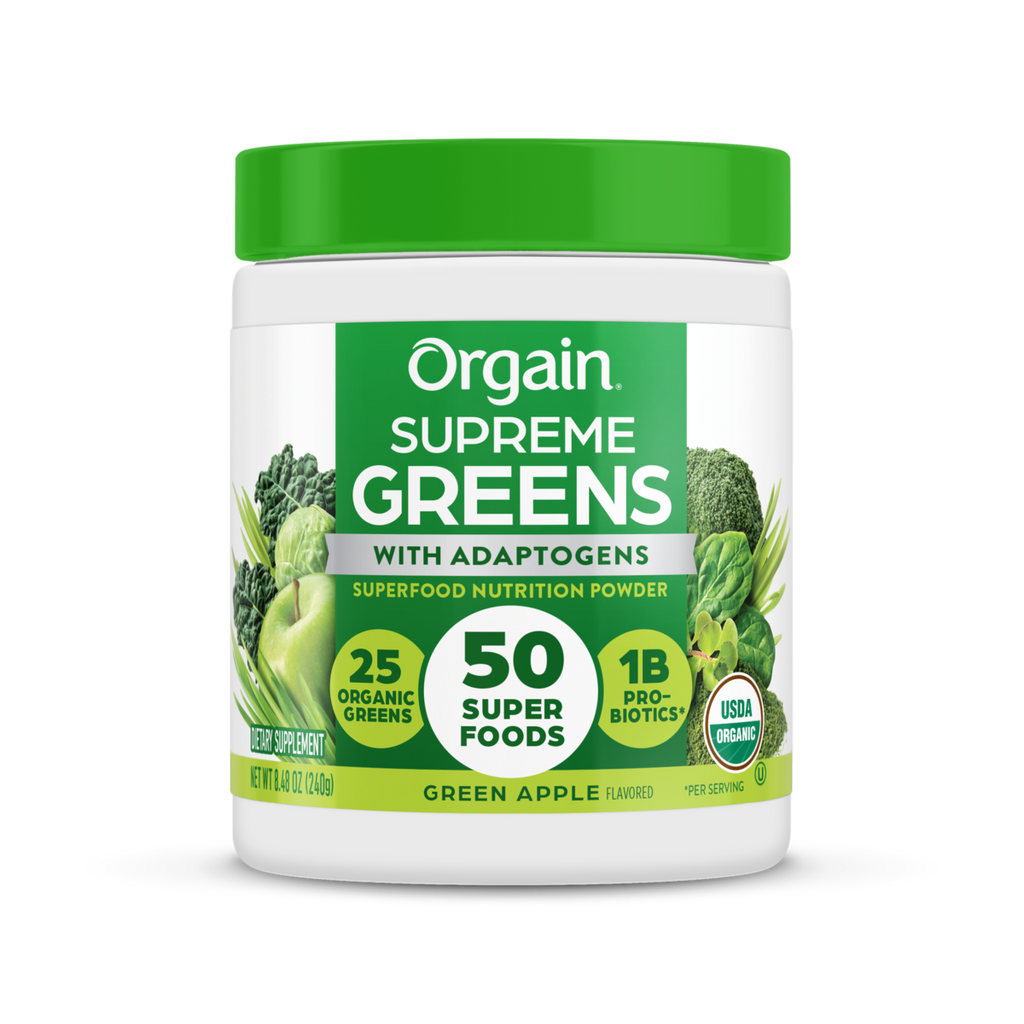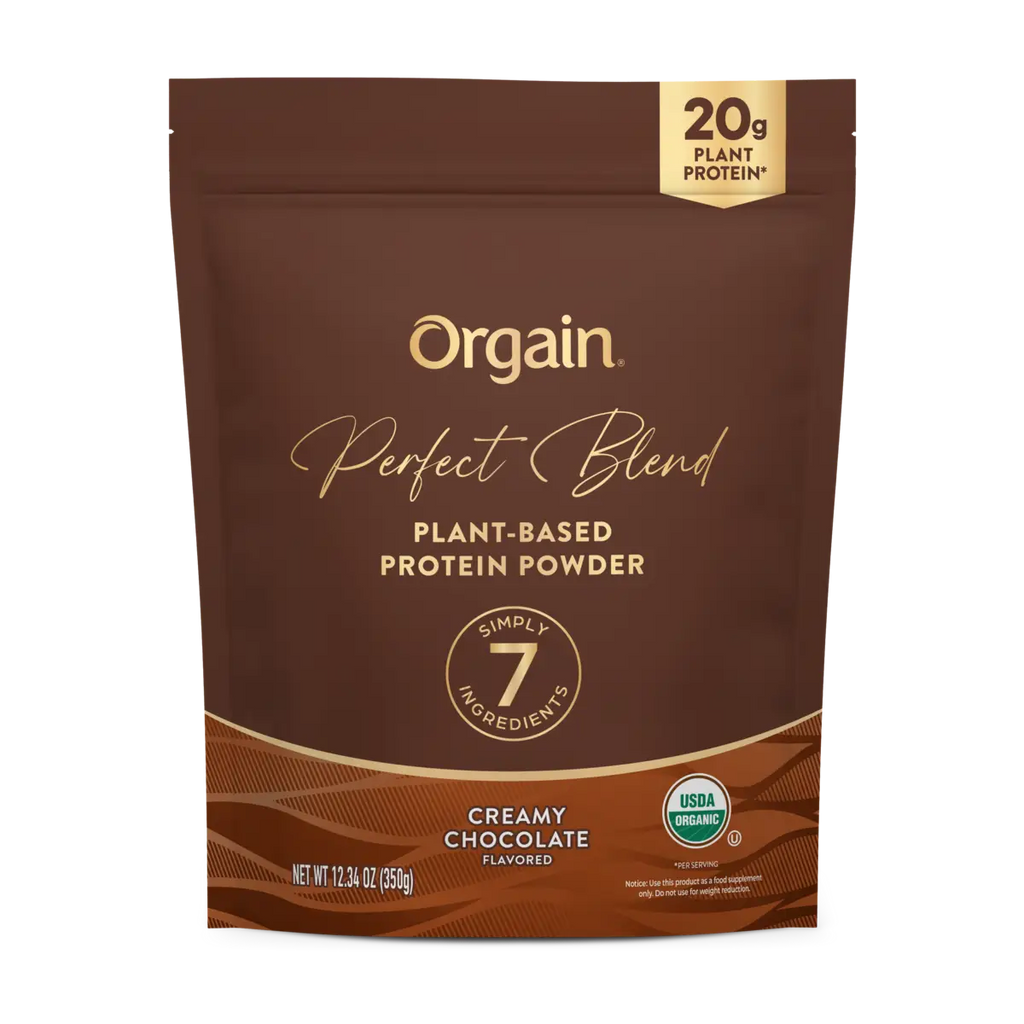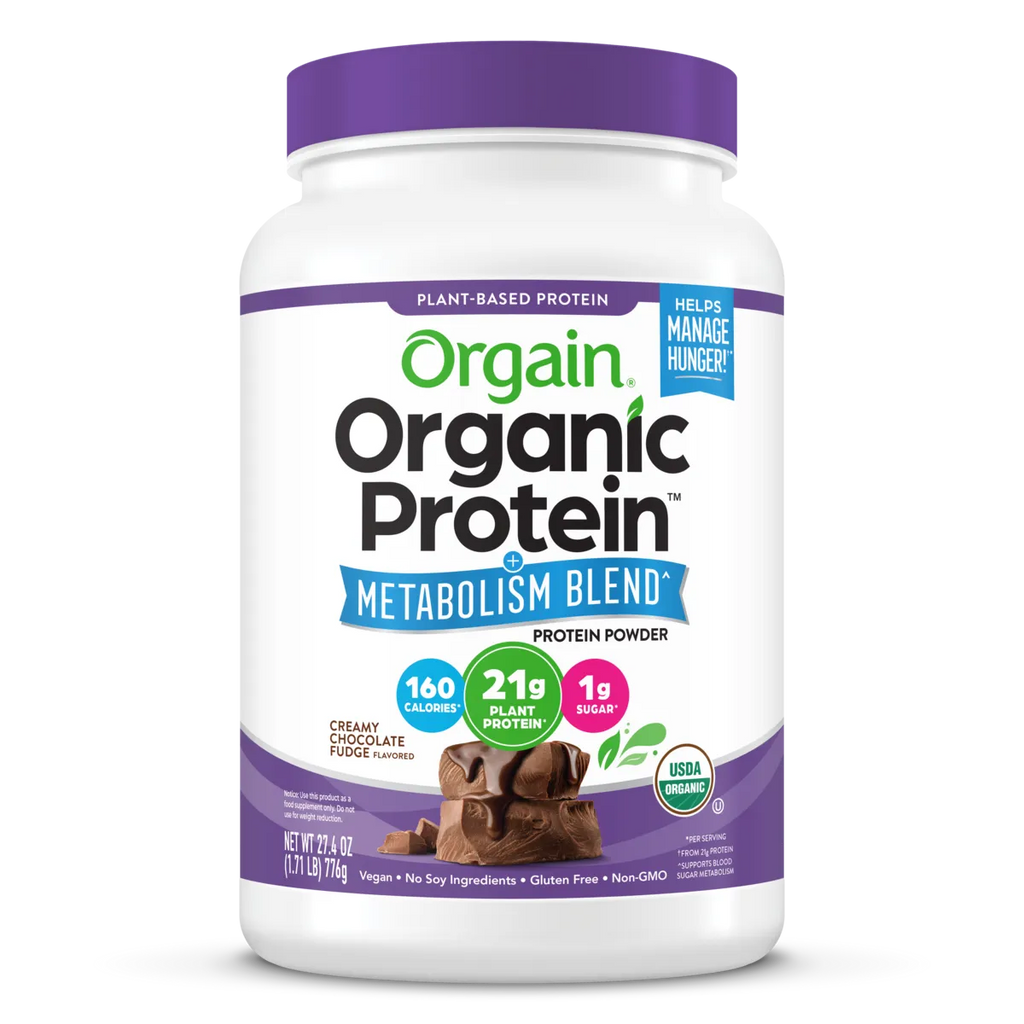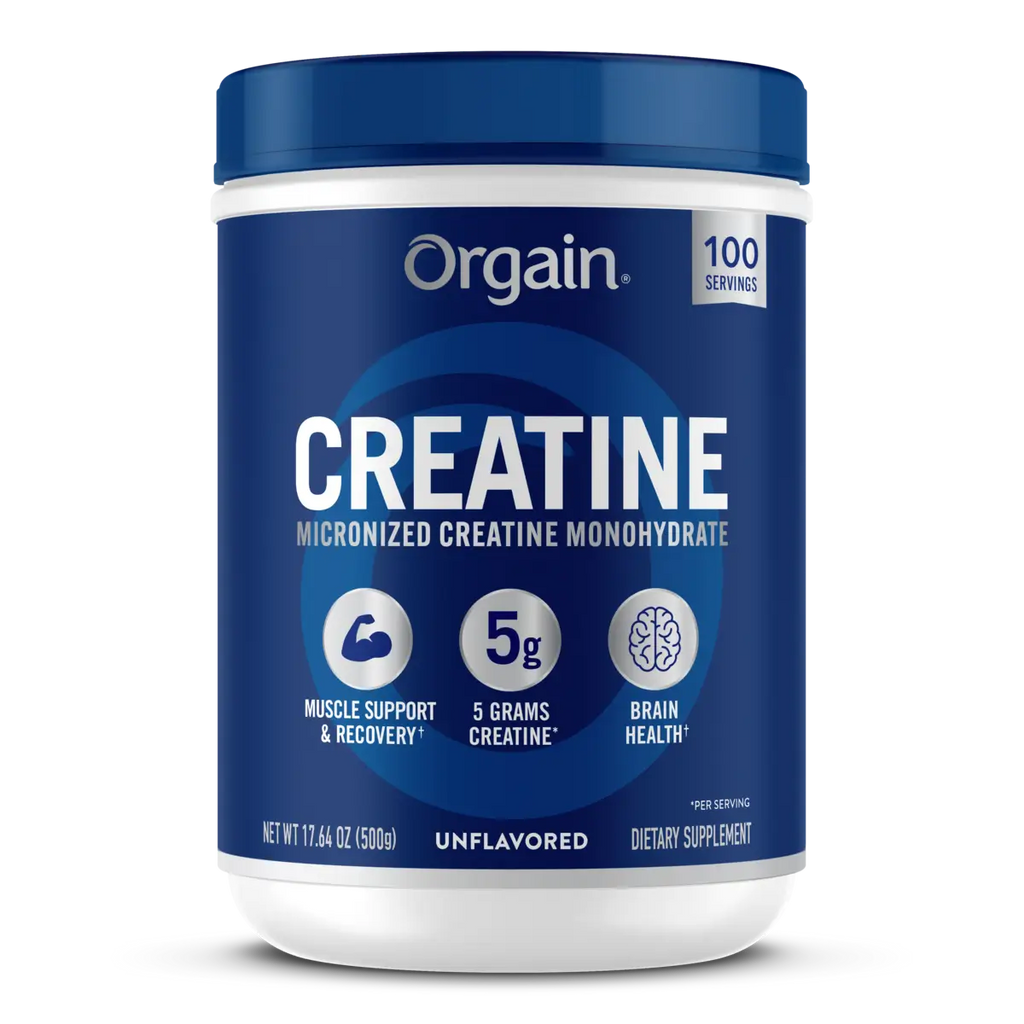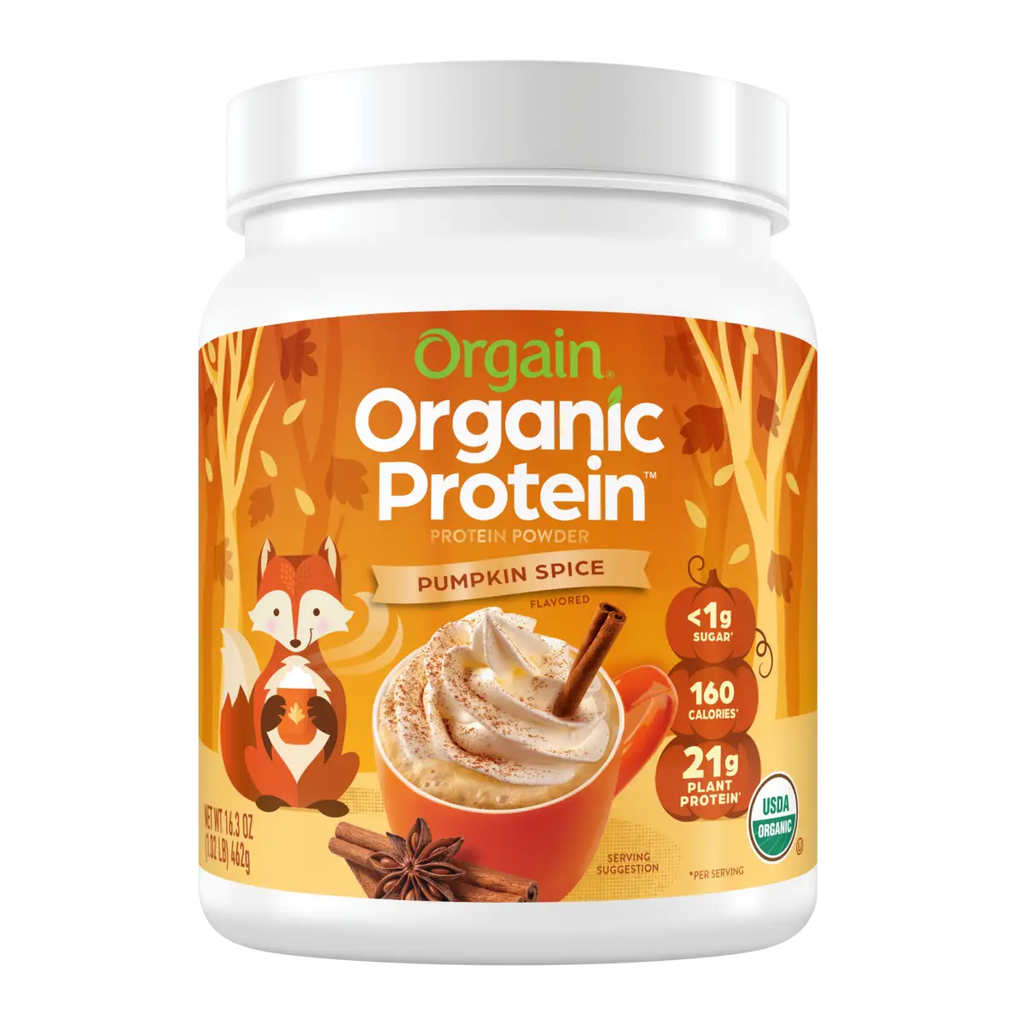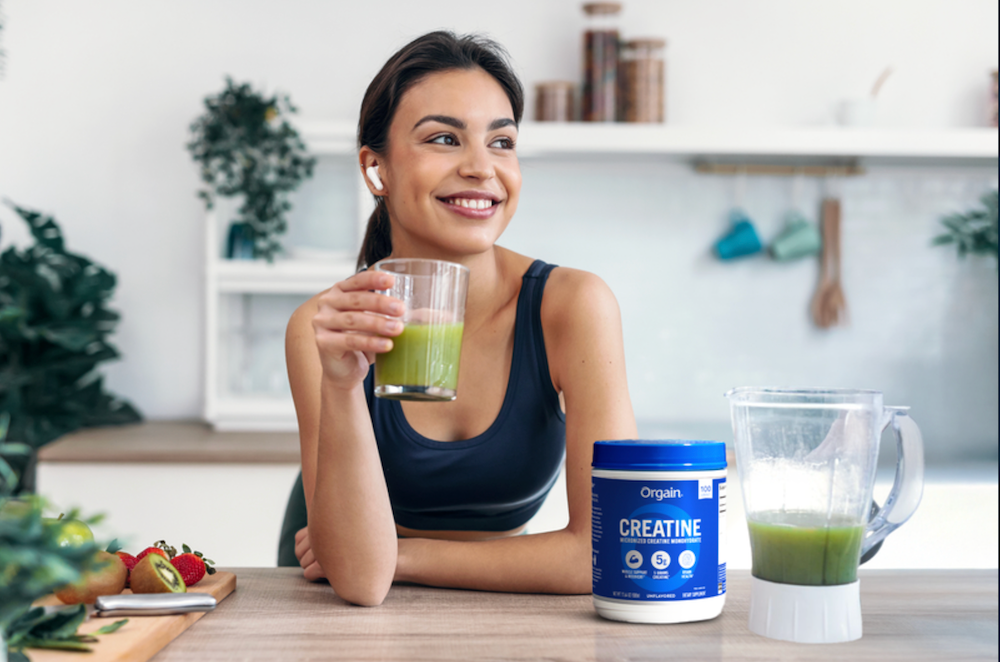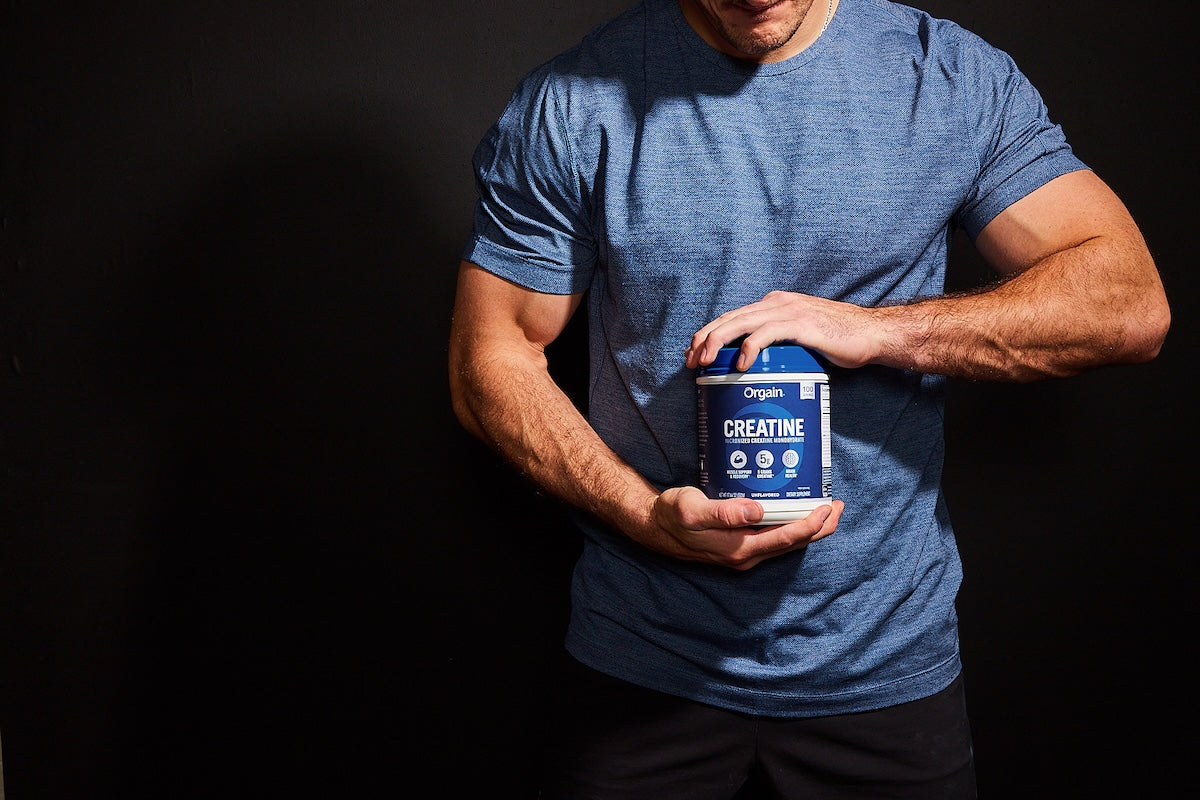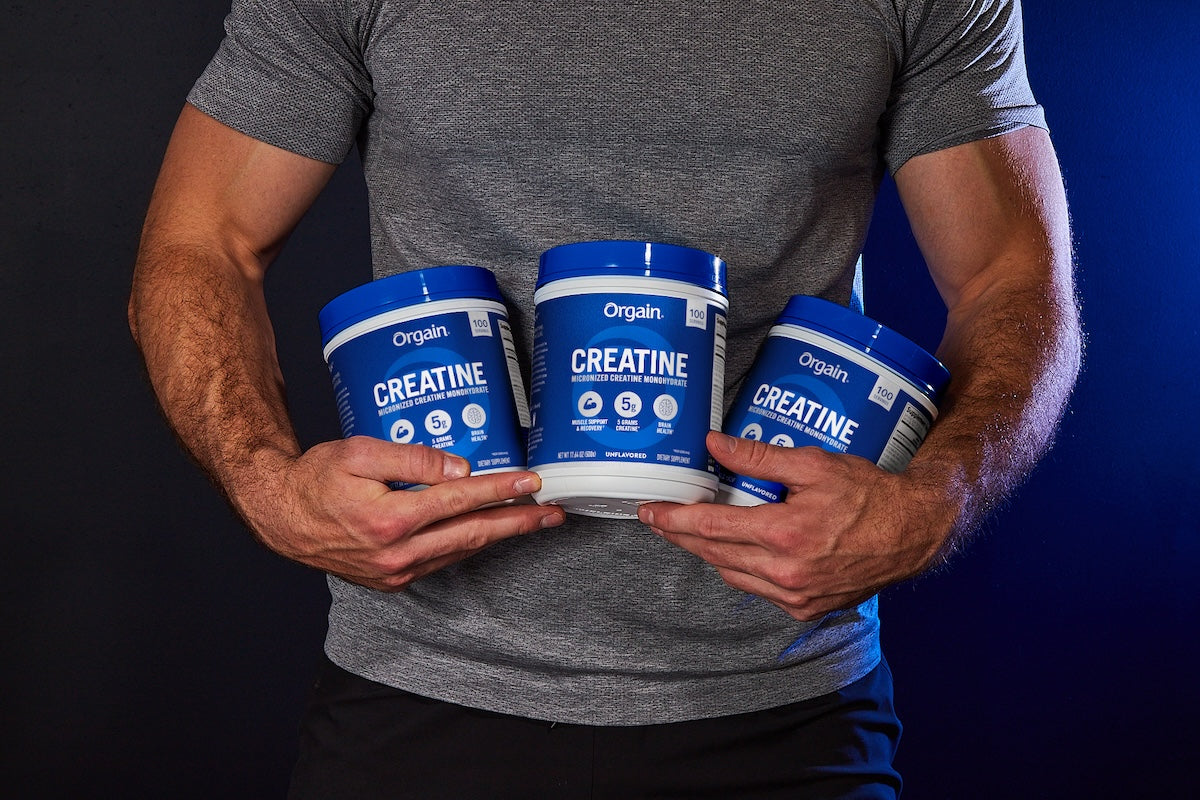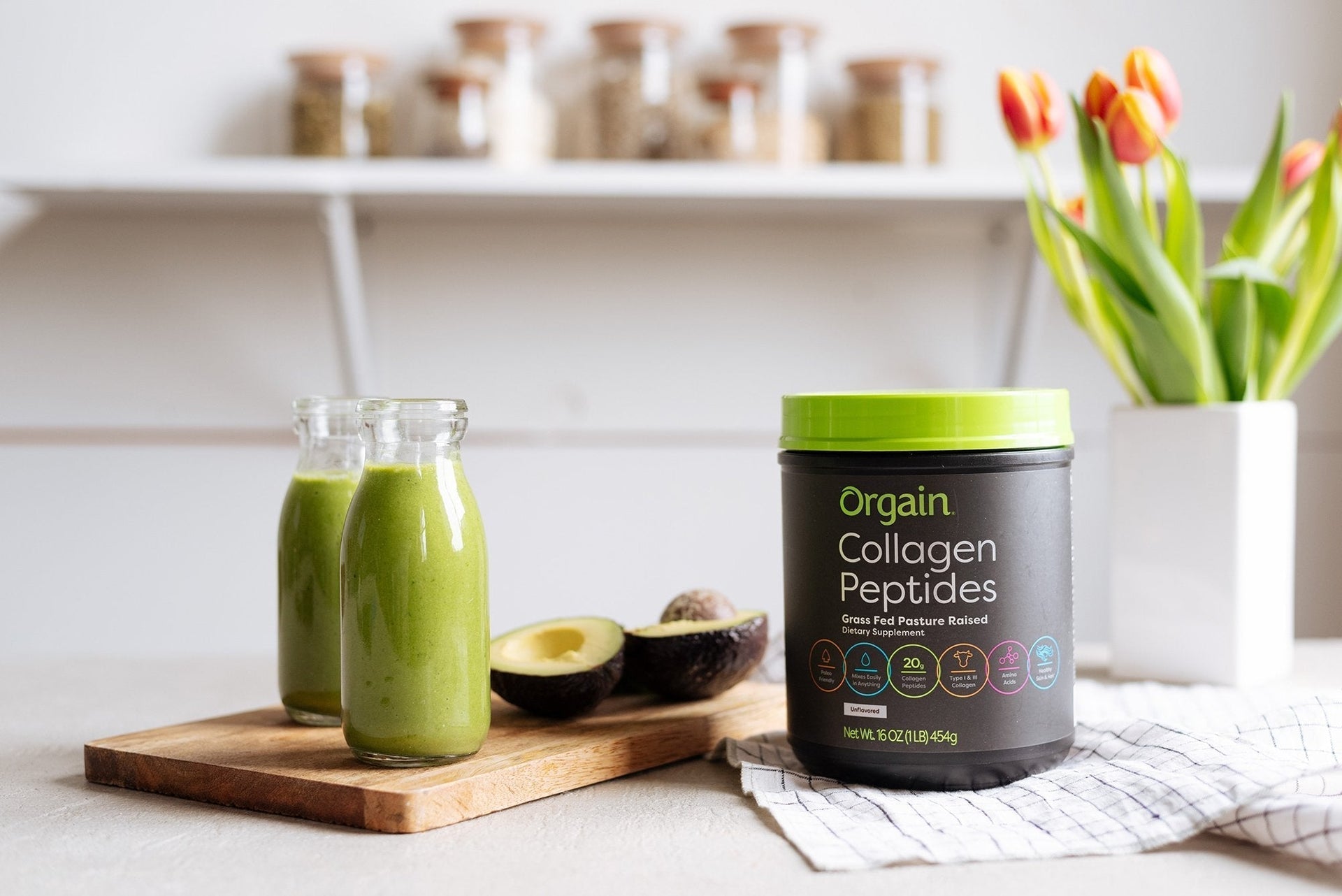The vegan diet has been rapidly growing in popularity over the last decade. People are excited about getting healthy on a plant-based diet, not to mention eating sustainably and not at the expense of any animals.
In fact, veganism has grown so much that 25% of 25 to 34-year-old Americans are vegan or vegetarian. More people than ever are looking to veganism.
But it’s no secret that it’s tough to get enough protein on a vegan diet, especially if you exercise regularly and already need higher protein than average. With that, vegan protein powder is becoming a necessity for a lot of people.
Thankfully, the best vegan protein powders have a lot to bring to the table, and are comparable to whey with the right ingredients.
The Vegan Diet
A vegan diet is an entirely plant-based diet, which means that, on a vegan diet, you don’t eat any animal products or byproducts at all — no meat, no eggs, no dairy, and some vegans don’t eat honey, either.
This seems like a pretty extreme diet to some, but it is an incredible diet that some people say leaves them feeling lighter and more energized.
Here are some of the benefits that a vegan diet could have in store for you if you decide to give it a try.
Metabolism
For starters, going vegan could support a regular metabolism. Studies have shown that veganism can improve energy metabolism.
There are a lot of theories as to why this is, but many people think it has to do with how this diet can affect your gut. A vegan diet is thought to help your digestive system by supporting the health of the friendly bacteria found in the gut.
Others think that it could be because vegans consume more protective nutrients. But more research is needed to confirm why veganism can help maintain metabolism.
Heart
Turning to a plant-based diet can also support the health of your heart. Most vegans consume a large amount of fruits, vegetables, nuts, and whole grains. These foods are often associated with heart health thanks to their positive effects on cardiovascular function.
These foods include important nutrients like fiber and antioxidants, and they’re very low in cholesterol. All of these things make your diet better for your heart.
A regular diet, especially the typical American diet that’s full of red meats, sugar, and heavily processed carbs, has a lot of unhealthy cholesterol that’s naturally avoided with a vegan menu.
Brain
Veganism can also support brain health — this has to do with something called phytochemicals. Phytochemicals are simply chemical compounds that are found in plants.
A high intake of phytochemicals is associated with positive effects on the health of your brain, and of course, vegans tend to eat more of these powerful substances due to exclusive plant-based eating.
Weight
Going vegan can also help you manage a healthy weight, or even lose weight when paired with a healthy diet and exercise plan. We’ve already talked about how veganism can maintain a healthy metabolism, but it can also help you just eat a lot fewer calories.
Meats, cheeses, eggs, and butter are all foods that are high in calories. By switching your diet to focus on plants and cutting out these high-calorie foods, you feel fuller without eating as many calories, especially with the fiber-rich nature of vegan ingredients.
You can feel satisfied by a meal while still staying in a caloric deficit, which is critical for safe weight loss.
A Word of Caution
So there are obviously a lot of things to gain from the vegan diet. But you have to do this diet right in order to reap the benefits.
For example, many vegans struggle to get certain nutrients that are primarily found in animals.
It is common among vegans to have low levels of vitamin D, B12, and calcium. If you’re going vegan, you need to focus on eating the few plants that have these vitamins and minerals, or you might want to consider taking a dietary supplement to help your body get all of the nutrients it needs to thrive.
Plant-Based Protein
Protein is also an important nutrient that vegans need to work a little harder to get enough of, and it's important to make an informed-choice about your pre-workout protein shake. This is where vegan protein powder can help.
Plant-based protein powders come in all different forms: chia seeds, pumpkin seeds, soy protein powders, quinoa, yellow pea protein, brown rice protein — the list goes on and on.
But some stigmas and stereotypes might cause some people to think that you get less protein from a certified vegan powder than from a powder with whey or collagen.
That simply just isn’t the case.
Some vegan powders have upwards of 30 grams of protein and beyond. So many different vegan options out there have as much as, if not more, protein per serving than other non-vegan products on the market.
Vegan protein powders can also come in yummy flavors like chocolate, vanilla, coconut, or chocolate peanut butter, just like a scoop of your favorite whey protein blend, with ingredients completely devoid of animal products.
Pea and brown rice protein also combine to make a powerful, complete essential amino acid profile protein powder that can stand above the rest.
Pea and rice protein is to vegans as collagen is to keto!
Powerful Pea Protein
One of the most common vegan protein powder options out there is pea protein. This protein is becoming more and more popular, even among people who aren’t vegan.
Pea protein has a high amount of protein, with up to 23 grams per quarter cup, but only has about 100 calories. It also packs 6 grams of fiber and up to 400 IU of vitamin D.
Peas are an incredibly nutritious food. Because of all the extra nutrients that come from peas, people can’t get enough of this powerful source of protein. And the best part is, you use it just like you use whey powder.
Throw it in a smoothie, blend it up with milk or water in your favorite shaker bottle, or even use it in your baking to give a protein boost to desserts or homemade snacks. It’s a versatile addition to your protein arsenal.
Our favorite protein shake is a mix of organic plant protein, almond milk, yummy fruits and veggies.
Whether you're gluten-free or like to keep things non-GMO, there's a protein shake recipe out there that's perfect for your needs, and you can substitute pea protein right into it.
Added Nutrition
While many protein options only carry protein and little other nutritional value, vegan protein offers other nutritional benefits thanks to its derivations from nutrient-rich plants. Vegan protein powder often has more fiber and iron than other protein options out there, and it also often carries prebiotic fibers that can support regular digestion.
The takeaway: Vegan protein can usually work for you in more ways than one!
No Gluten, Dairy, and Sugar
One of the greatest aspects of vegan powder is what isn’t in it. Vegan protein is suitable for pretty much any diet. Most of the time, it is made without gluten and dairy, so you can rest easy when it comes to avoiding food allergens.
Most vegan powders are also lower in sugar compared to other powders. If a protein powder has too much sugar, it can negate the health benefits it should bring to the table. Most companies making vegan powder are all for holistic health and wellness, so they rarely cram their products full of sugar, us here at Orgain included — most of our vegan protein powders have 1g of sugar or less.
Conclusion
So there you have it! The vegan diet is an incredible way of eating that can bring so many different benefits to your life. And you don’t have to sacrifice your protein intake to go on the incredible vegan journey.
There are some amazing, nourishing, organic vegan protein powders out there that can help you get to your nutritional goals and keep you going, from plant-based sport powder to peppermint hot cocoa when the holidays roll around!
Disclaimer: This is for informational purposes only and is not intended as individual or specific medical advice, nor is it intended to replace advice by your qualified healthcare provider. We strongly encourage consulting with a qualified healthcare provider about your interest in, questions about, or use of dietary supplements and what may be best for your overall health.
Sources
Health Benefits of a Vegan Diet | Rush System
Pea is for Protein: What You Need to Know About Pea Protein Powder | Texas Health Resources
What are the Health Benefits of a Vegan Diet? | News Medical
